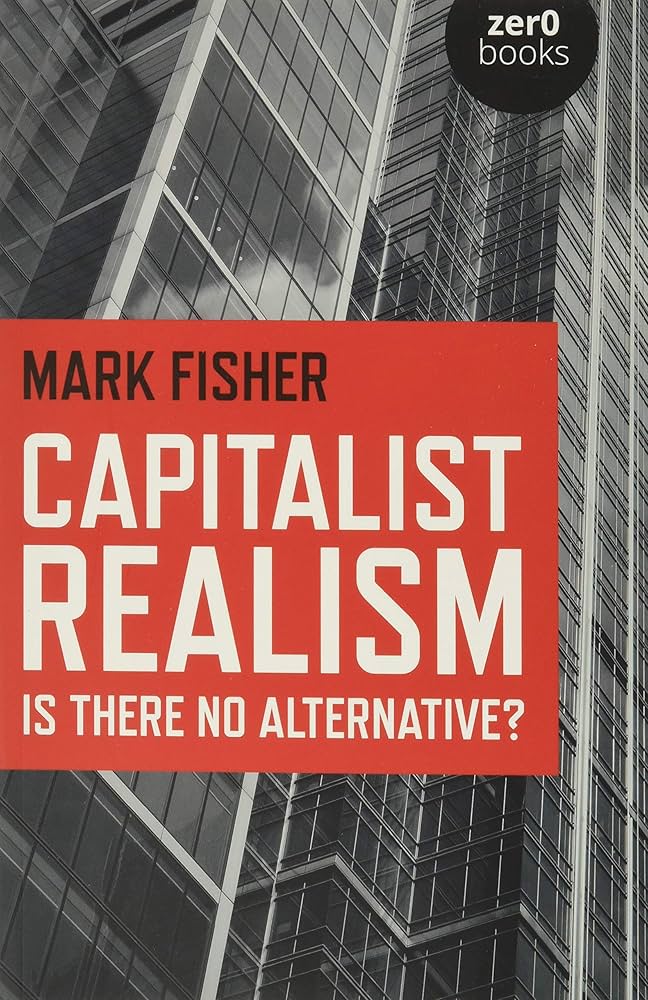
Private Security Guards Are Replacing Police Across America
Here's why—and how that's making all of us less safe
While police departments were losing officers, crime was rising in many parts of America. Murders, assaults, and car thefts rose nationally in 2020, according to the Brennan Center for Justice, and an increase in homelessness has heightened anxieties about safety. These factors bolstered the private security industry, which had already been growing steadily since the terrorist attacks of September 11 but has boomed since 2020. There are roughly twice as many security guards employed in the U.S. than there were 20 years ago, according to the Security Industry Association, though the nation’s population has only grown 16% over the same time period. By 2021, there were about 2 police officers but 3.1 security guards for every 1,000 civilians.
“Private security is going to take over everything,” says Boyer, the Philadelphia armed guard. He adds that a father recently hired him to take his two children to the movies, armed with a shotgun, to make sure they were safe.
Private security signals an unequal economy
The rise of private security is both driven by income inequality—wealthy people have more things to protect and money to spend to protect them—and exacerbates it. For every Neil Patel who decides to shell out $750 a day for round-the-clock armed guards, there are thousands of business owners and civilians who have to make do with what their taxes can buy. The Los Angeles Police Department is not meeting its staffing goals, for instance, but its neighbor, tony Beverly Hills, Calif., has hired two security firms whose employees patrol the city in cars or on foot as “an extension of the police,” says Todd Johnson, CEO of the Beverly Hills Chamber of Commerce.
“In the last two years, with everything we have gone through, we want to make sure that the luxury capital of the world is also one of the safest places,” Johnson says.
Residents and business associations in upper-middle class neighborhoods like Lincoln Park, Chicago, Neponsit, N.Y. and San Francisco’s Marina District have chipped in extra money to hire private security because residents report feeling unsafe. By contrast, in New Orleans, a city where the median income is about half that in Beverly Hills, police response times have tripled, from 51 minutes in 2019 to 146 minutes last year.
Wealthy cities can also attract more police officers because they have the tax base to offer high wages and benefits. Seattle, for instance, is offering an $80,000 salary and $30,000 signing bonus. But poorer police departments can’t come close to matching that kind of money, says Wexler, with the Police Executive Research Forum. “This is what keeps police chiefs and mayors up at night—who are going to be the future police officers in their city,” he says.
 Expect more unarmed/unlawful shootings only this time retaliation is a surefire thing
Expect more unarmed/unlawful shootings only this time retaliation is a surefire thing

